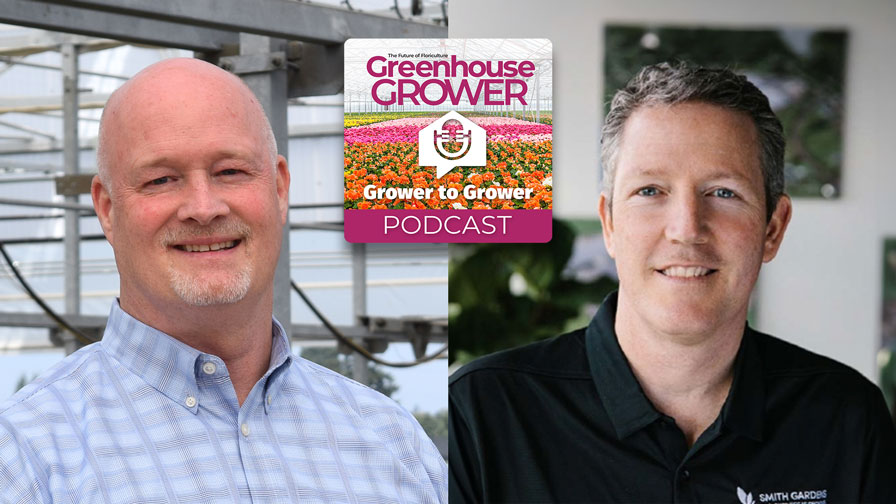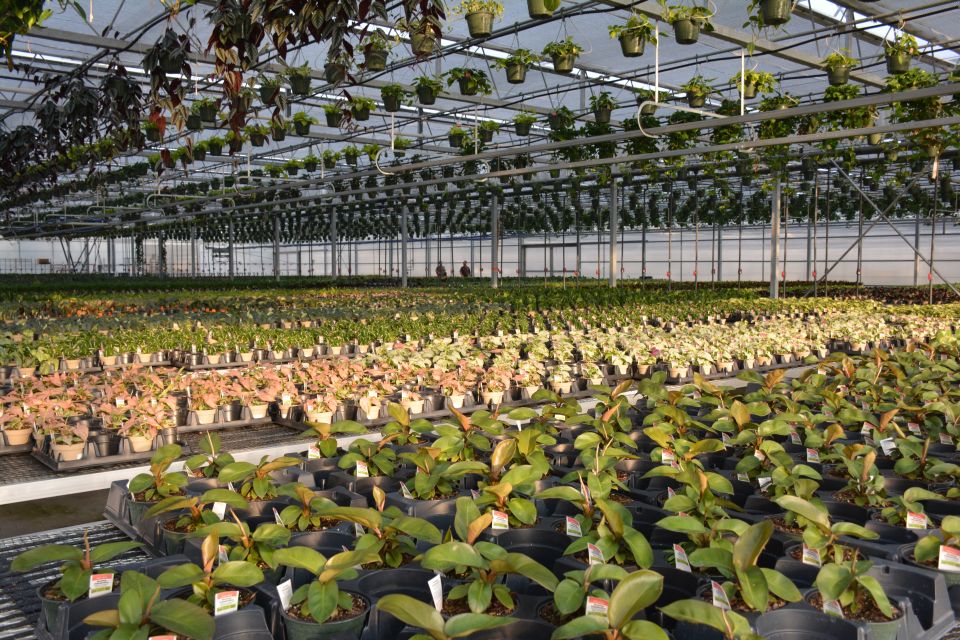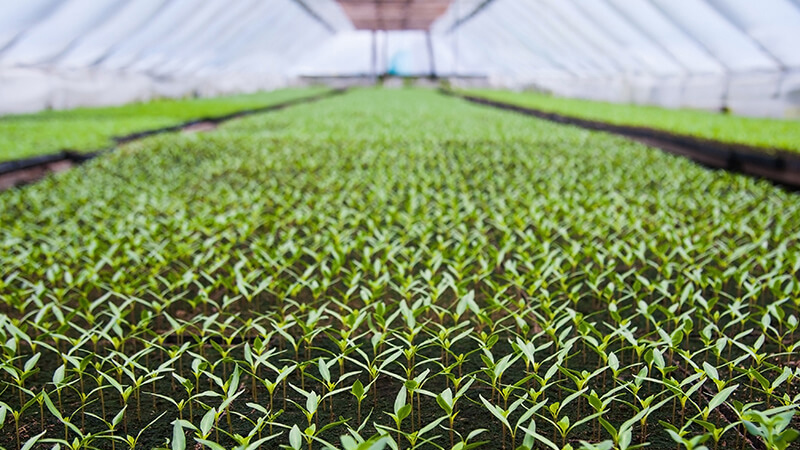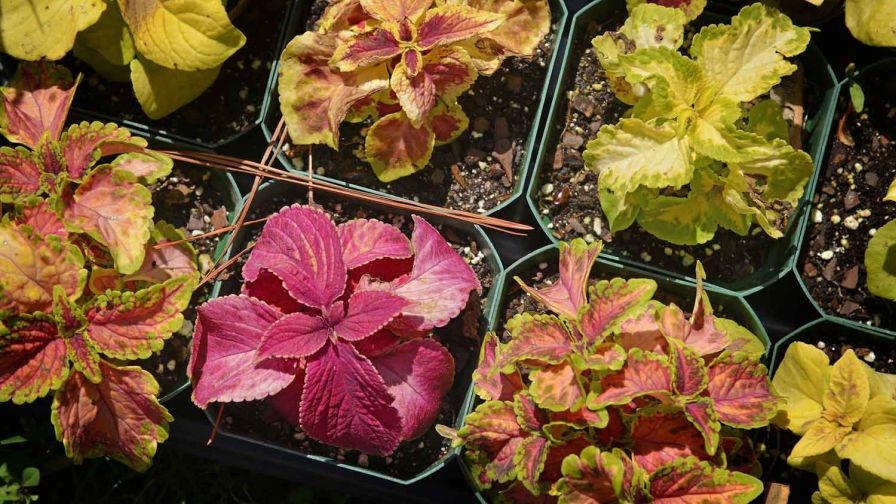5 Questions to Ask Your Plant Nutrition Supplier
Selecting the right organic hydroponic nutrient for your hydroponic or soilless system is a big decision for your greenhouse, vertical farm, or indoor farm. With so many factors to take into consideration when assessing the spectrum of options that exist, growers can find themselves at a crossroads.
The team at Re-Nuble wanted to relieve this guesswork and provide a map of questions every indoor grower should ask their nutrient supplier.
Most indoor growers are familiar with the NPK term which nutrient suppliers often quote or label their products with. For those who aren’t as familiar, NPK represents nitrogen, phosphorus, and potassium. Often times though, you’ll also come across secondary nutrients such as calcium and sulfur. Then, you’ve got micronutrients like iron, zinc, boron.
Knowing which nutrient combination is right for your soilless or hydroponic system can completely influence your crop growth, especially when you’re growing more than one type of crop. For example, tomatoes will need a different micro and macro nutrient mix compared to lettuce. But where do you even start?
Here are the questions growers should ask their nutrient supplier to gain confidence that organic hydroponic nutrient is right for their growing needs.
- Are your nutrients complete or incomplete? Complete nutrients mean that you have a balance between all of the elements. Alternatively, a more nitrogen, phosphorus, or potassium-heavy nutrient means that one of these macronutrients is more abundant than the other, Some indoor growers prefer this because it allows them to target specific crops that they may be growing.
- How do you treat any micronutrient deficiencies? An example of when this may be important to ask is if your crop is too high in a certain macro nutrient. If the nutrient you’re considering purchasing has a very high level of potassium, this will block its ability to effectively absorb micronutrients such as iron, magnesium, and zinc.
- Are your nutrients applicable to both soil-based farming as well as soilless systems? If they say yes, it’s worth reconsidering this nutrient. An all-purpose solution will lack many nutrient compounds that purpose-built organic hydroponic nutrients contain, which could affect your crop’s growth stages.
- Do you supply both macro and micro nutrients separately or do you only supply one type? For the most part, nutrient suppliers will separate macro and micro nutrients, meaning it’ll come in separate bottles. This ensures that any incompatibility and unwanted chemical reactions are avoided.
- What organic material did you use to make this hydroponic nutrient? This question is important to know because the natural ingredients used to make the nutrient will indicate which macro nutrient it has the most/more of. Typically, organic sources will have lower concentrations of the macro nutrients, unless they have specific technology that allows their organic hydroponic nutrients to create growth that’s similar to synthetic mineral salts.
Learn more here.








